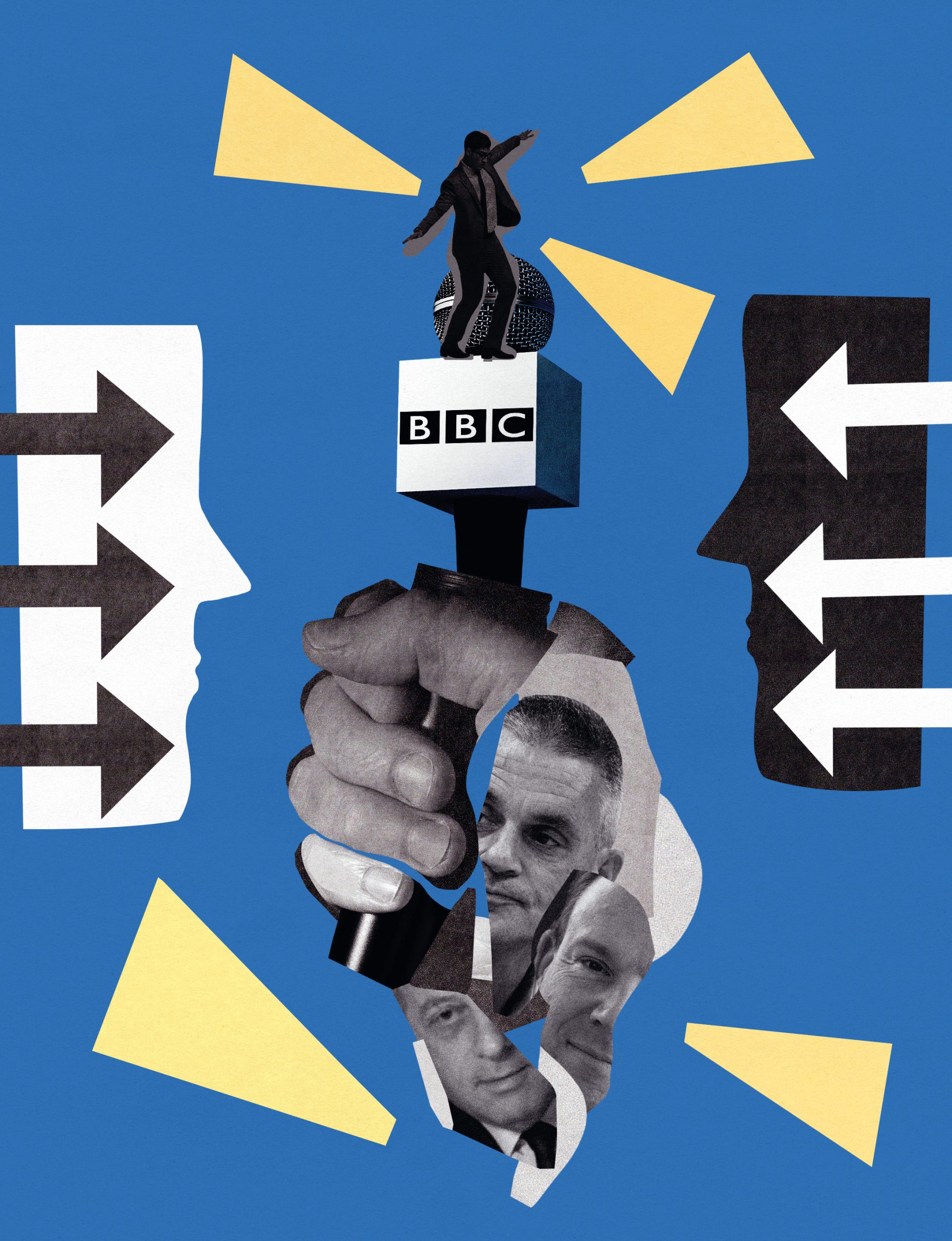
When the pandemic struck and the UK entered lockdown for the first time, the BBC’s nightly news audiences surged to 15 million. Traffic to the BBC’s website in March 2020 almost doubled year on year. Boris Johnson’s No 10, which had briefed consistently against the corporation and refused to allow government ministers to appear on some of its flagship news programmes, suddenly understood how valuable it was to have a trusted, impartial national news source during an emergency. Leading on-air editors at the BBC watched with satisfaction as the government’s aggression evaporated.
Yet the BBC is an institution in perpetual peril, never more so than in this age of polarisation. The need for a detached, fact-led, impartial national broadcaster may be greater than ever, but the appetite for so neutral a service is quite possibly getting weaker by the year. In a crisis, the British turned to the BBC. Over time, however, we have been tuning it out. While its reach is almost universal in the UK, people are spending less time with the broadcaster. In an increasingly emotional news world, the BBC can never be anyone’s echo chamber.



